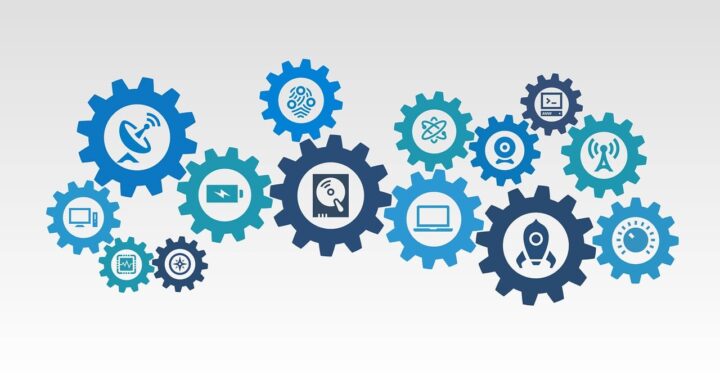We are our hormones. We are our bodies. We are our minds and souls. We are also social beings. Life is complex and there are many dimensions to it. So it’s natural to think that our immediate environments will affect us on different levels from physical to hormonal to emotional, to mental to spiritual to social and beyond. Let’s start with how does feng shui affect our hormones which are responsible for our behaviour, mood and state of mind. We have many hormones but let’s focus on dopamine, endorphin, oxytocin, serotonin, melatonin and cortisol.
Dopamine
Dopamine is a hormone responsible for motivation, performance, success, focusing, memory and is a state-changing feel-good substance. If evolution hadn’t developed dopamine, humans would probably still be living in caves. Dopamine is our brains’ most powerful pain killer. Just notice when you’re in a new place, a new city how you feel. You’re more focused and stimulated.
What does activate dopamine? Novelty, joy and feeling good are key aspects that boost dopamine. Every time you learn something new you’re creating thousands of new neural connections in your brain and this is mediated by dopamine. And the biggest factor elevating your dopamine is change – any change. Also, breaks or change of activity such as having a cup of tea. In feng shui, we like to change things. Any environmental change will activate dopamine which in turn will help you with achieving your goals and dreams.
Endorphin
Endorphine is a happiness hormone. Endorphine effect is a state of body-mind-spirit where you’re in euphoria. Yes, endorphine is a euphoria hormone. Every single cell in your body releases endorphins. Anything that makes you happy will help with the release of endorphine in your body. So love your home, make it a happy place. Actually, happy memories will activate your endorphine effect too. Surround yourself with happy images, happy faces, visual memories of happy holiday and people. Smiling helps to release endorphine. When you’re looking at the above photo of these happy kids, even if you’re not smiling, your body is releasing endorphine via your mirror cells, which are designed to mimic human emotions.


